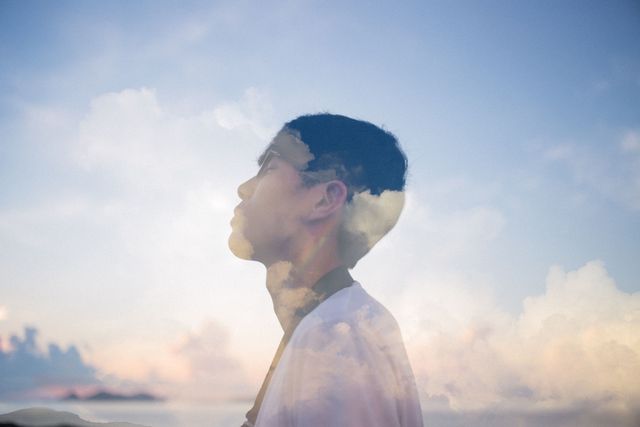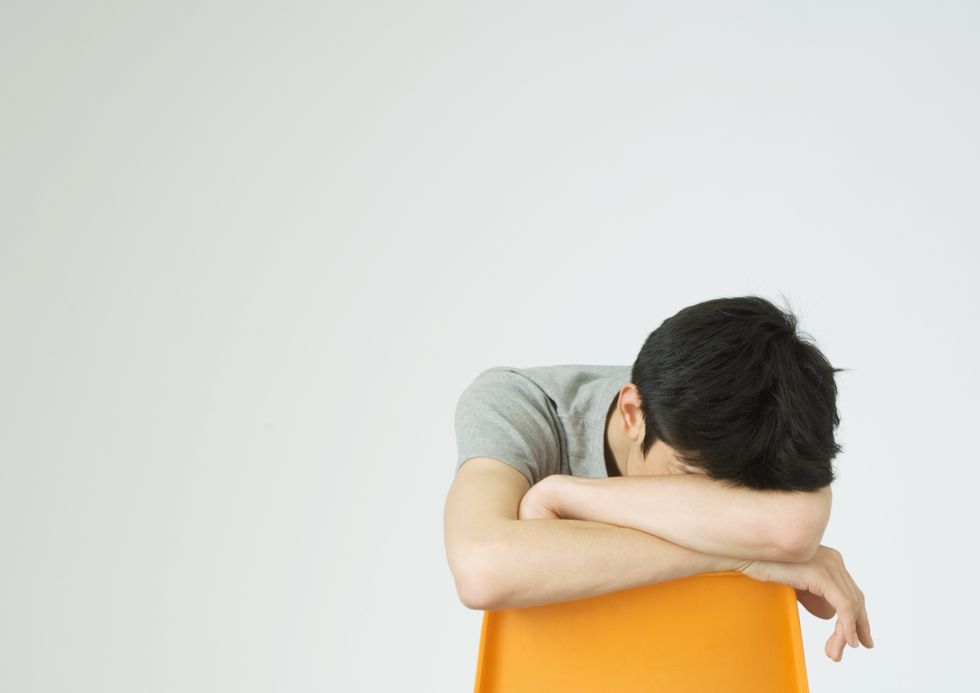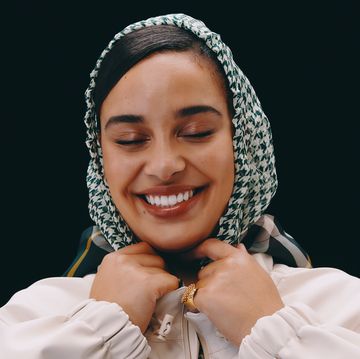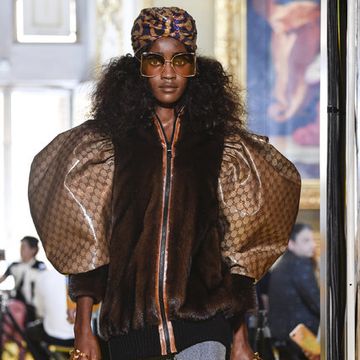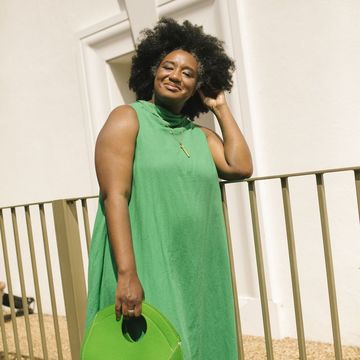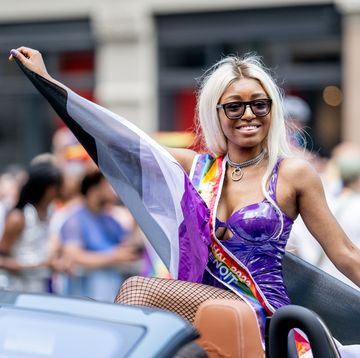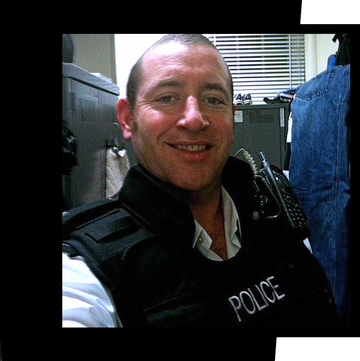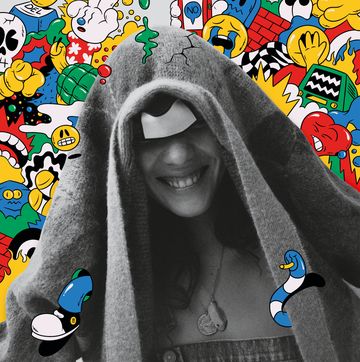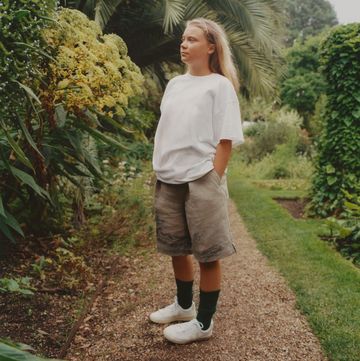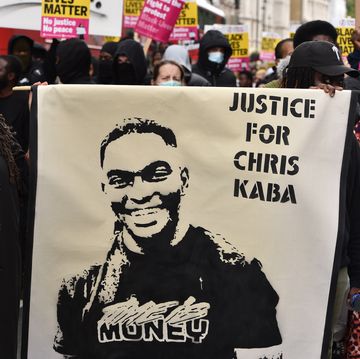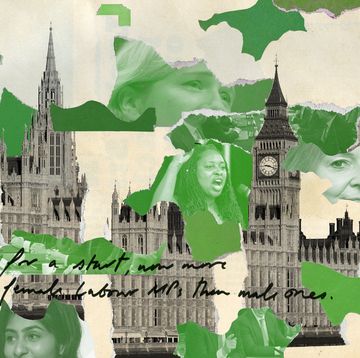'I am gay.' Three words I can say to myself without hesitation, and when written down seem so simple. But when given voice in certain situations they suddenly become weighty, charged and real. I'm a few years shy of 30 and I am yet to come out to my family.
But only to my family. To friends and colleagues and in actual fact anybody else I meet that isn't directly related to them, I am completely myself. I am a gay man.
Undoubtedly so. In some respects I've always known, (I was 8 or 9 when I requested an equestrian doll set for Christmas. Female rider, of course), but it was at the age of 14 when I made a resolute decision about myself.
My secondary school experience was a largely positive one, which I am very grateful for as it made the process of coming to terms with being gay a very natural one.
Having been at school in the early 00s, it had become a more common occurrence for a boy in the upper years to come out. Even one of our Head Boys was openly gay.
That's not to say that growing up in this way was without upset and hardship, but anyone's opinions outside of my circles didn't matter to me then. I suppose this was my form of teenage rebellion.
By the time I'd reached the end of sixth form I'd already had a handful of fleeting (and shamefully dramatic) teenage romances, some of them publicly known, others very secret – my family none the wiser.
Several years ago, a friend asked me why I hadn't built up the courage to tell them yet. 'My brother did it and it was fine,' she remarked. Needless to say her flippancy irritated me, the notion that every coming-out could and would be a sanguine, cookie-cutter replica of her brother's. I was annoyed, the question had made its way under my skin and for the first time I was questioning myself and asking 'why?' Why am I afraid to talk about myself, especially to my own family? They are loving, kind and on the whole, liberal people.
I'm very close to my parents (and I suppose my siblings) and really only three words away from being completely honest and open with them. A large part of me suspects they already know and that they've known for as long as I have perhaps. How could they not?
There are things I don't say, but in every other way I am entirely myself around them . I don't hide my interests or filter my personality.
I had boyfriends. By the time I was 18, gone were any enquiries in to my personal life, no pokes, no digs. Only from Grandma though, but that's Grandma for you.
My upbringing (like many others of course) was fairly dysfunctional. I mean, it felt normal but it certainly wasn't conventional. Divorce, affairs, teen pregnancies – I'd seen so much first hand and for me it existed within this family circle, a circle I sat on the outside of looking in. It was a melting pot of fear, pain and anxiety that I simply didn't wish to add to.
I was and am still afraid of the reaction I might get even though I don't know what that would be. But as I always have done, I remain calm, supportive and on the outside.
Looking back (and in) I feel as though because no one in my family ever asked me outright if I was gay, I didn't feel the need to tell them. Why would I cause my family another thing to be upset about.
I adopted a 'mañana,mañana,' attitude and now over a decade has flashed by and the weight of the conversation has grown, it's hands placed firmly on my chest and shoulders.
I had pushed myself further away from the circle I was so insistent on being outside of and now even physically my family are back at home and I am here in London.
But have I been complacent? Naïve even to think because I've lived comfortably and independently in the capital, an apparently tolerant city, surrounded by like-minded friends and coworkers, that the majority of people share my beliefs and surely each passing day would be enough to eventually combat any prejudice and that I could just pretend that I would never have to have the conversation? Somehow surely the dots would connect without my hand leading pencil.
The Orlando mass shooting at Pulse, the EU referendum, the murder of Labour MP, Jo Cox - more than ever there is a need, a deafening cry to stand up and speak out about who you are and why it's important. Yes, we've come a long way, but ahead of us are many more conversations, many more actions to be taken.
How can you challenge any one or thing without being able to say out loud what you stand for yourself? In truth, talking about my beliefs isn't the thing that frightens me. Too many times I've found myself sat in an Uber home, parked outside my flat for long periods of time challenging drivers who have felt the need to express their warped and bigoted views. But they aren't family. They say their piece, I say mine and once I get out of the car, they drive away and I never see them again.
A couple of years ago I half read 'The Unbearable Lightness of Being' by Milan Kundera. Its underpinning theme was of Friedrich Nietzsche's concept of eternal recurrence, the idea that the universe and its events have already occurred and will recur.
So if an individual applies this to the idea that you only live once (yes, cheers Drake), then depending on their perspective, life decisions can be seen as either light and freeing or weighty and a burden.
Someday I will be ready. Someday the decision to come out to my family won't weigh heavy and I will instead feel the need to be liberated and to free myself. I'm almost there but not just yet. Perhaps I simply just need to step back in to the circle.
What is important for me right now is to understand for myself and to communicate to other young people that not being ready or not wanting to come out yet is also as valid as the process of coming out. By no means am I saying there's an advantage to keeping yourself a secret forever but it can take more time for some people to become themselves.
Accepting who you are is key but then surrounding yourself with people who hold the right beliefs and the attitudes that give you confidence to be yourself is also essential. These are the people creating the conversations, normalising being gay so that future generations won't feel a burden. Only lightness.
Even if I'm not ready to come put to my family yet – I know I'm not afraid of who I am. And I'm not afraid of what I stand for. Not at all.
